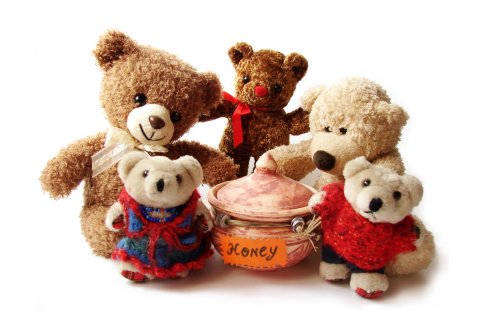
In our baby unit, your child’s world expands through gentle discovery. Research shows that sensory stimulation in the earliest months is critical for brain development (NHS, 2022). That’s why our rooms are filled with natural light, calming colours, and sensory-rich experiences — from soft textures to musical sounds and light play.
At Wells House, we believe childhood should be filled with curiosity, creativity, and care.
We provide a safe and stimulating environment where children thrive — emotionally, socially, and academically.
Our provision is underpinned by the Early Years Foundation Stage (EYFS) statutory framework (DfE, 2024) and shaped by the principles of Every Child Matters.
Here are some of the comments Ofsted made about Wells House Kindergarten in their latest report